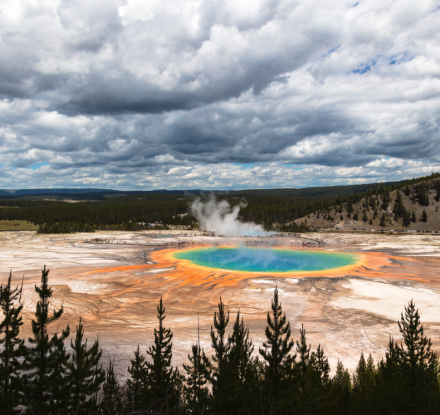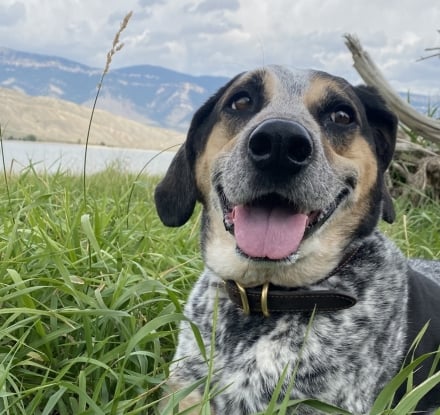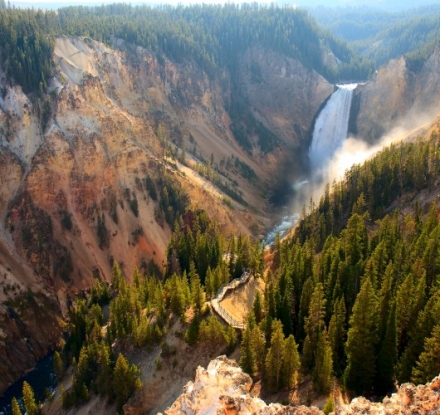
When Wyoming Women Rocked the Vote
Every November when I head to the polls, I give a quiet thanks to the all-male 1869 Wyoming territorial legislature that granted women the right to vote. In doing so, Wyoming became the first territory in the country to give suffrage to women.
I imagine the pride the women of the territory who populated the isolated Wyoming ranches, rough
frontier towns and big, modern cities like Cheyenne must have felt as they went to the polls for the first time.
The story of how they earned that right is as wild and meandering as the Shoshone River on an early spring day, with elements of political gamesmanship, greed, bigotry and pragmatism. But mostly, it was because of love. Or lack of it. The miners, ranchers, railroad men, shopkeepers, cowboys and entrepreneurs of Wyoming were lonely. They needed wives, and there were only so many young, single teachers to go around.
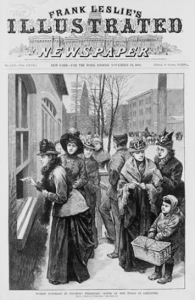
Women of Wyoming were granted the right to vote in December 1869, long before their sisters in other parts of the country. The state will celebrate the 150th anniversary of the accomplishment throughout next year.
An uneducated but cagey and well-liked bigot named William Bright stars in this story. A saloonkeeper in the town of South Pass City, Bright watched with concern as the once-thriving productivity of the gold mines in the region dropped, and miners began seeking employment elsewhere. Although the Union Pacific Railroad had recently made travel to Wyoming possible, that was hardly a compelling enough reason to lure women to the West.
A strong Democrat in a land of strong Democrats, Bright was elected to the Wyoming legislature and, with his many like-minded legislative colleagues, launched a series of political maneuvers reflecting his primary motivation: not to give women the right to vote but to prevent blacks and other ethnic groups from doing so.
Meanwhile, Republican president Ulysses S. Grant attempted to bust the Democratic stronghold by
appointing Republicans to posts as governor, state attorney general and other key positions, and those Republicans began implementing an agenda that guaranteed all men, regardless of ethnicity, the right to vote.
Giving blacks and other non-whites the vote didn’t sit well with Bright. So he and like-minded civic leaders changed the conversation and argued that if black men could vote, then white women should be allowed to do so too.
They passed a series of precursory laws designed to set the stage. First, they persuaded the legislature to allow women to sit in on legislative sessions. Next, they passed a law guaranteeing equal salaries for teachers, regardless of their gender. And third, they guaranteed women property rights apart from their husbands.
Bright hoped that feminine newcomers would be so grateful for their new right that they would always vote for the Democrats.
After some serious maneuvering – “sausage-making,” we call it these days – on Dec. 10, 1869, the
women of Wyoming became the first females in the country to be granted the right to vote. Although some states quickly followed Wyoming’s lead, it would be another 51 years before the 19th Amendment was passed giving all citizens, regardless of gender, the right to vote.
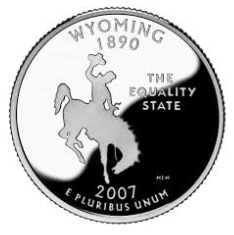
Wyoming is known as “The Equality State.”
The law was challenged multiple times over the next several decades, but thanks to the attention of astute lawmakers and citizens, it was never repealed. Wyoming continued to show its progressive side with many other “firsts.” For example, Esther Morris, a friend of Bright’s, became the first woman to hold public office, when she was elected justice of the peace in 1870.
Esther’s husband John wrote a newspaper column that summarized the winding path to Wyoming
women’s suffrage. “It is a fact that all great reforms take place, not where they are most needed, but in places where opposition is weakest; and then they spread…”.
Wyoming later became known as the “Equality State.”
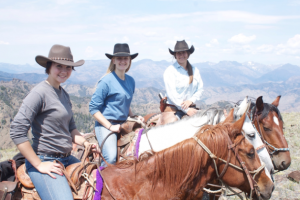
Wyoming women continue to value pragmatism and strength.
Until next time, I’m casting my vote and loving life as a modern suffragette here in Cody Yellowstone.


